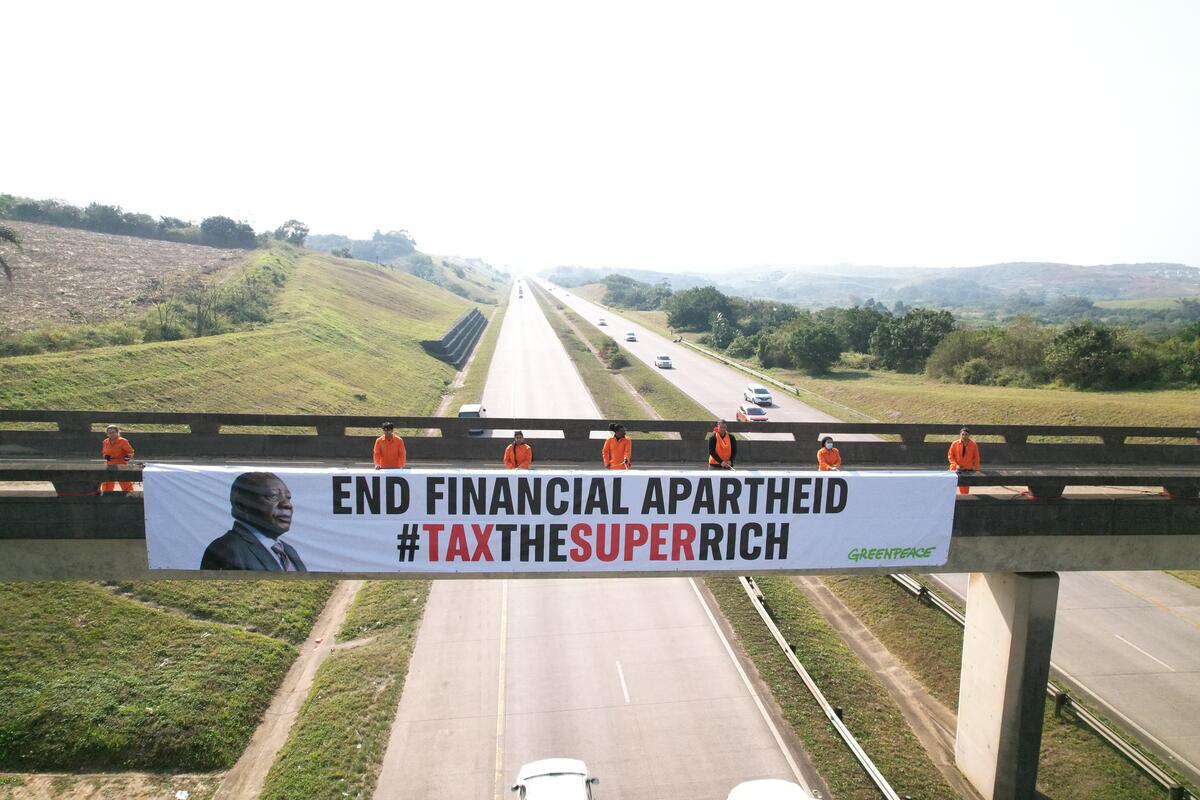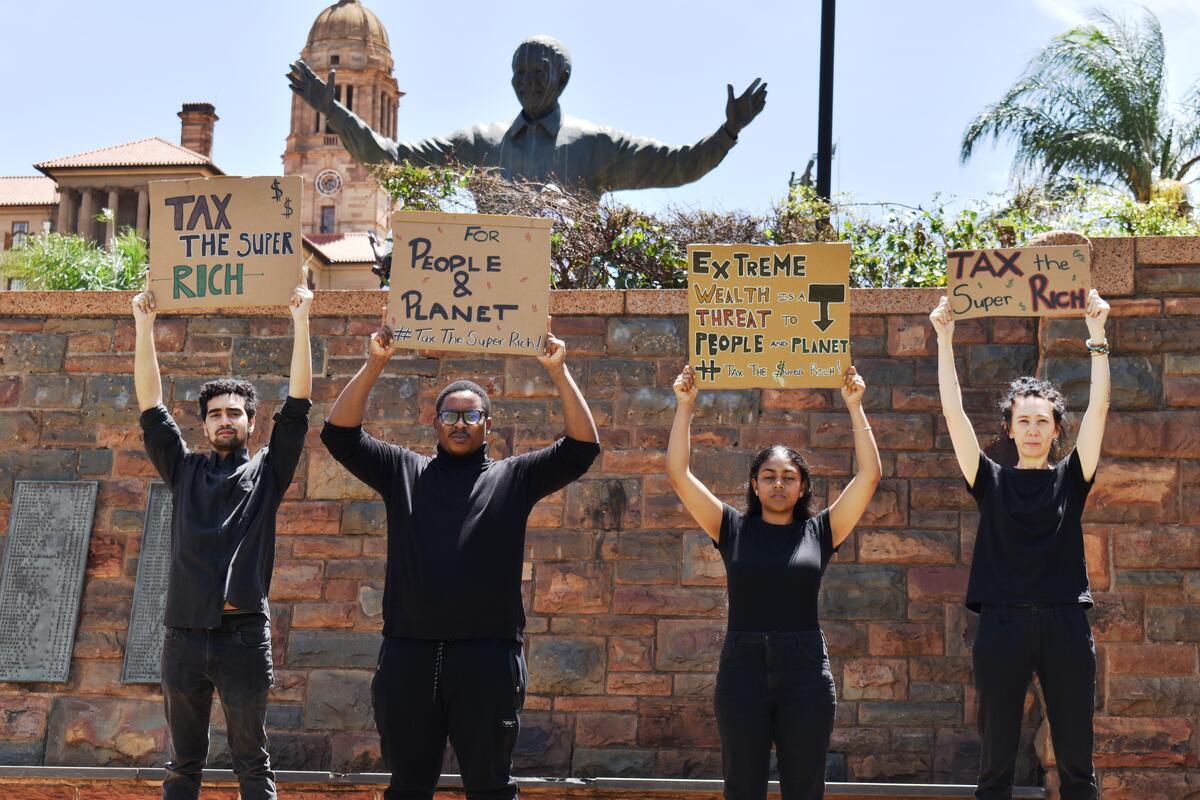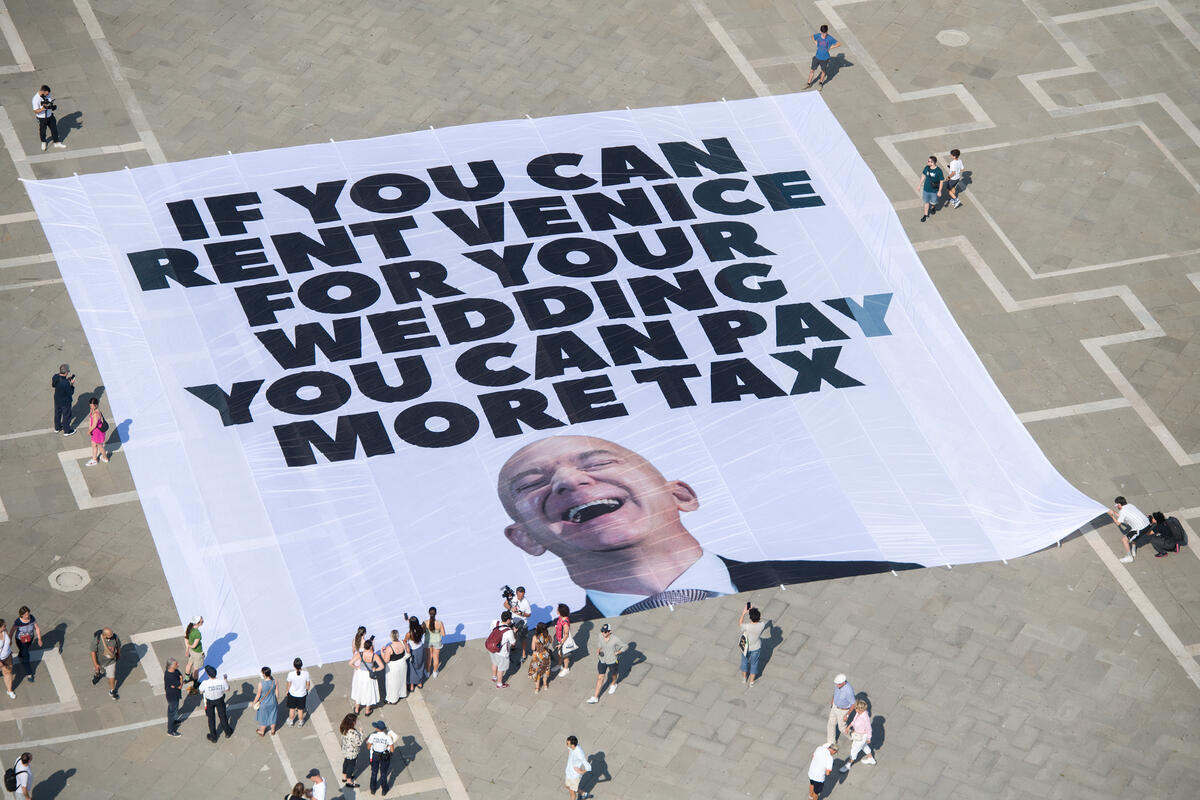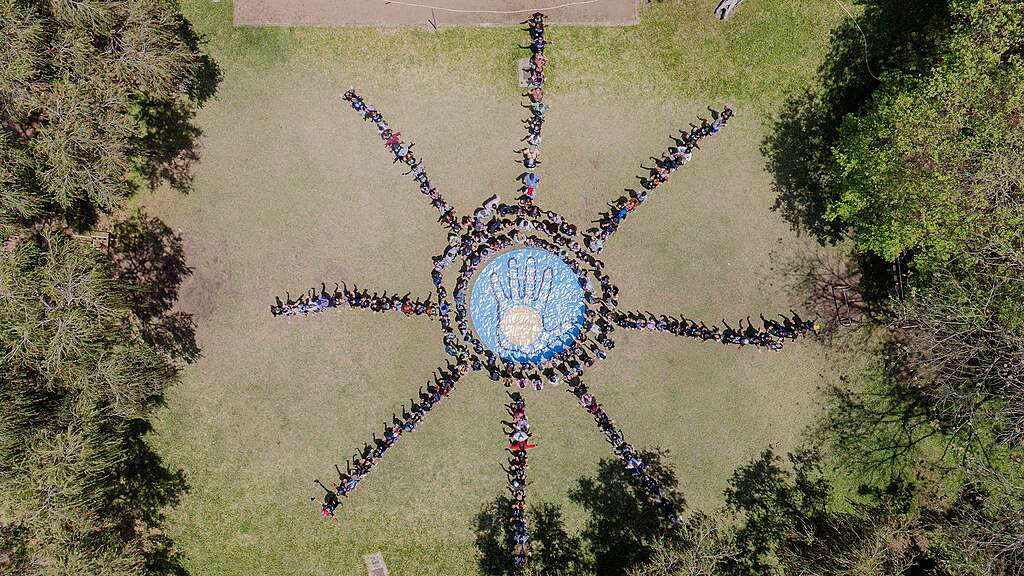
Last week, I had the incredible opportunity to attend the Climate Justice Camp, where passionate individuals from across the globe gathered with a shared mission: fighting for climate justice and building a sustainable, just world. As someone directly impacted by the climate crisis, I was eager to soak up knowledge from experts, connect with fellow enthusiasts, and explore ways to make a meaningful impact.
The camp kicked off with an inspiring keynote from Agus, Program Coordinator at Roots.People, an organisation dedicated to fostering grassroots climate action, who reminded us of the power of collective action. From there, we dived straight into breakout sessions covering everything from renewable energy innovations to exploring the intersections of climate justice and gender equality, the push for a plastic-free future, and crucial discussions on climate adaptation and finance, each session brought a wealth of knowledge and fresh perspectives. I left each one brimming with new insights and ideas.
One standout moment was a thought-provoking conversation about how climate change disproportionately affects marginalised communities. Hearing the inspiring stories of Indigenous leadership in climate justice was another highlight. It’s these communities that are often leading the way in climate solutions, and their wisdom is something the world should pay attention to. Oh, and the session on alternatives to single-use plastics? Absolutely eye-opening.
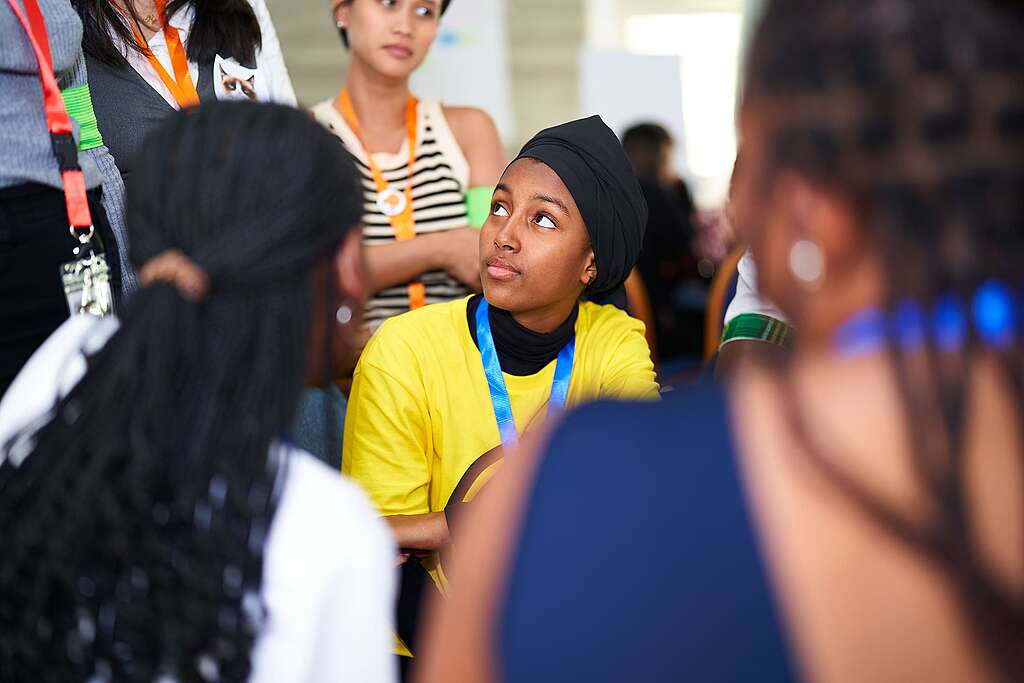
The camp really challenged my understanding of climate justice and made me rethink some of my own assumptions. I came to see climate change not just as an environmental issue, but a human rights one. Community-led initiatives are vital for sustainable change, and while individual actions are important, they’re simply not enough on their own. We need collective action, and we need it now.
Reflecting on the camp, there were two key takeaways that stood out to me:
First, climate justice demands an intersectional approach—it’s not a one-size-fits-all issue. Solutions must consider different social, economic, and cultural contexts to be truly effective.
Secondly, empowering local communities is the key to real, lasting change. These communities are on the frontlines of the climate crisis, and they often hold the most innovative solutions.
The most inspiring moments came from meeting people from all walks of life, hearing their stories, and sharing mine. It was so empowering to witness the passion and dedication of climate activists from around the world. It reaffirmed my own commitment to this cause.
I left the Climate Justice Camp fired up and ready to go, armed with practical skills for effective activism, a renewed determination to advocate for climate justice, and a network of incredible people to collaborate with.
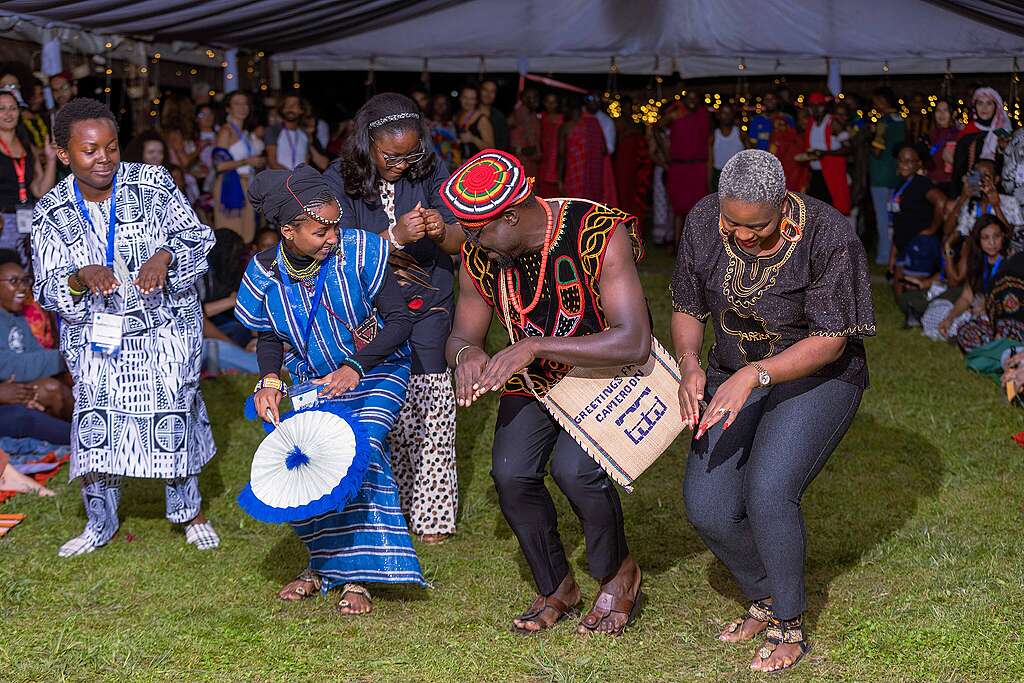
So, what can you do to be a part of this movement?
It’s simple: start local. Research climate initiatives in your community, attend events, and support organisations tirelessly working for climate justice. Together, we can build a fairer, more sustainable future.
Leaving the Climate Justice Camp, I felt a renewed sense of purpose. Armed with practical skills, a network of incredible people, and a deeper understanding of the intersectionality of climate justice, I am more committed than ever to advocating for change.
Together, we can, and will, create a brighter, sustainable future for all.
Hashiatu Ibrahim,
Greenpeace Africa Cameroon activist

